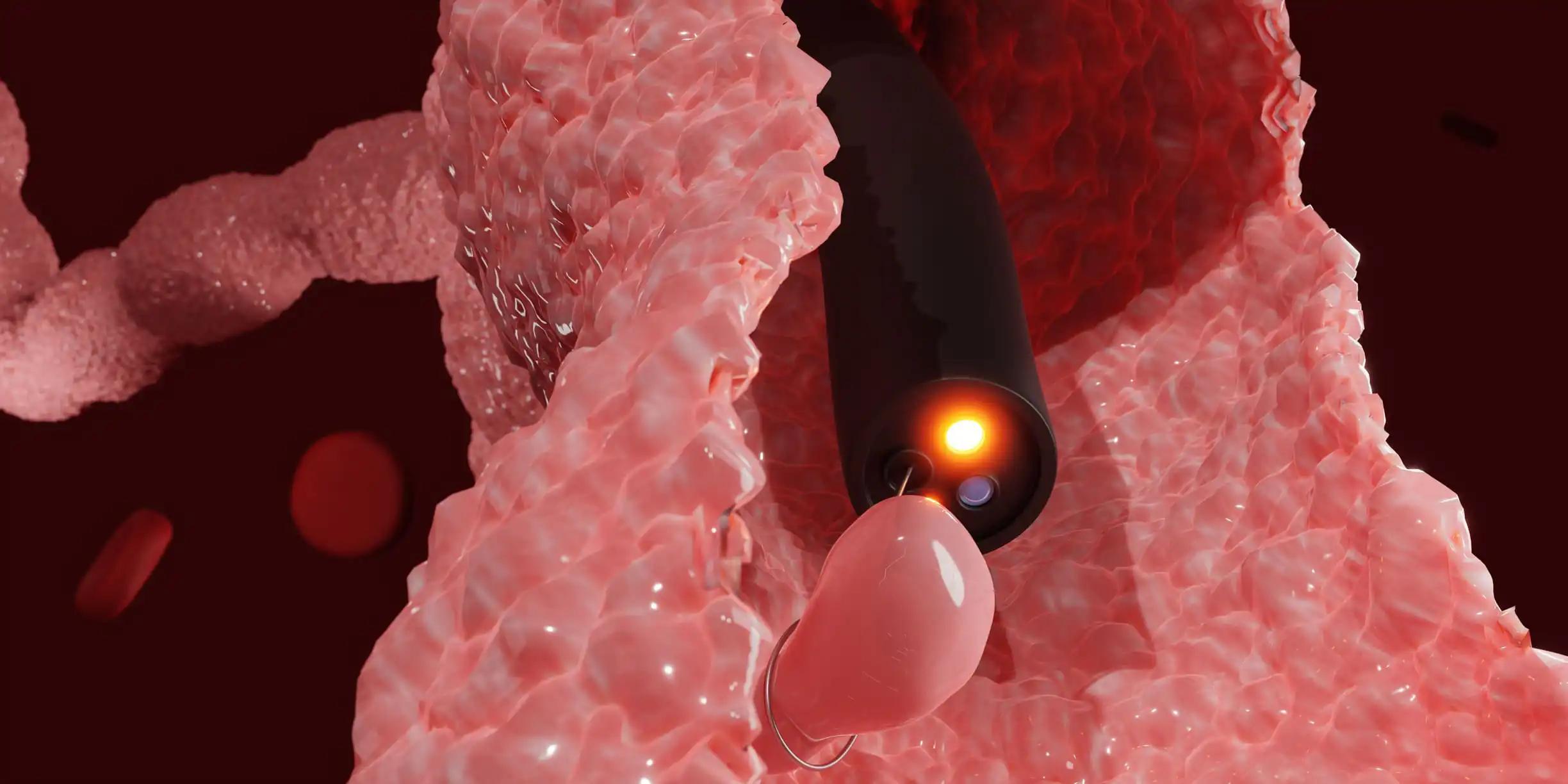KEY TAKEAWAYS
- The phase 3 OAK trial (NCT02008227) examined the differential impact of the pretreatment neutrophil to lymphocyte ratio (NLR) on overall survival in patients with non–small cell lung cancer (NSCLC) treated with atezolizumab or docetaxel.
- The primary aim of this study was to assess the predictive value of NLR in predicting overall survival in NSCLC patients based on their treatment modality (atezolizumab or docetaxel).
- The study included 600 and 575 NSCLC patients with NLR data in the atezolizumab and docetaxel cohorts.
- The study results revealed that a low baseline NLR was associated with a more significant survival benefit from atezolizumab than docetaxel.
The neutrophil to lymphocyte ratio (NLR) is a valuable marker for predicting a poor prognosis in non-small cell lung cancer (NSCLC) patients. This study conducted a post hoc analysis of the phase 3 OAK trial (NCT02008227) to evaluate the impact of pretreatment NLR on overall survival in NSCLC patients treated with atezolizumab or docetaxel. Investigators assessed the genomic characteristics of patients based on their inflammatory status using a circulating free DNA (cfDNA) next-generation sequencing (NGS) analysis.
The study included a total of 1,175 patients, out of which 600 and 575 patients with available NLR data were included in the atezolizumab and docetaxel cohorts, respectively. The median NLR for the combined population was 4, with an interquartile range of 2.6–6.7. Patients with an NLR ≥4 had a higher prevalence of positive smoking status (88.6% vs. 78.1%; p < .01), male sex (66.4% vs. 57.6%; p = .01), worse performance status (71.3% vs. 55.2%; p < .01), a higher number of metastatic sites (63.2% vs. 51.6%; p = .01), squamous histology (32.1% vs. 21.4%; p < .01), and tissue KRAS mutations (30% vs. 18.7%; p = .02). However, no significant association was found between NLR and PD-L1 expression or EGFR/ALK status.
Having a pretreatment NLR (neutrophil-to-lymphocyte ratio) of 4 or higher was found to be a stronger predictor of mortality after treatment with atezolizumab, with an adjusted hazard ratio (HR) of 1.64 (95% confidence interval [CI], 1.35-2.01), compared to docetaxel, which had an HR of 1.32 (95% CI, 1.08-1.60; multivariable [MVA] interaction p = .08). In the atezolizumab cohort, the HR for an increased risk of death for patients who were PD-L1-negative and had an NLR ≥4 was significantly higher (MVA interaction p = .01) compared to those who were PD-L1-positive and had an NLR <4. Furthermore, excluding patients who were EGFR/ALK-positive resulted in an increased ability of the baseline NLR to predict outcomes in favor of atezolizumab (MVA interaction p = .02). Additionally, pretreatment cfDNA (cell-free DNA) data from next-generation sequencing (NGS) showed that patients with a high blood tumor mutation burden (cutoff, 16 mut/Mb) had a higher median NLR (4.6 vs. 3.7; p = .01).
Despite analyzing various variants of interest, such as EGFR, KRAS, TP53, KEAP1, STK11, SMARCA4, ARID1A, and targeted DNA damage response and repair genes, none of them were found to have a significant association with the NLR after accounting for multiple comparisons. The baseline NLR was a valuable tool in identifying patients with NSCLC who would benefit more from atezolizumab than docetaxel and could complement the use of PD-L1 expression in customizing treatment for these patients.
Source: https://acsjournals.onlinelibrary.wiley.com/doi/10.1002/cncr.34348#tbl-0001
Clinical Trial: https://clinicaltrials.gov/ct2/show/NCT02008227
Cortellini, A., Ricciuti, B., Borghaei, H., Naqash, A. R., M. Fulgenzi, C. A., Addeo, A., Banna, G. L., & Pinato, D. J. (2022). Differential prognostic effect of systemic inflammation in patients with non–small cell lung cancer treated with immunotherapy or chemotherapy: A post hoc analysis of the phase 3 OAK trial. Cancer, 128(16), 3067-3079. https://doi.org/10.1002/cncr.34348



